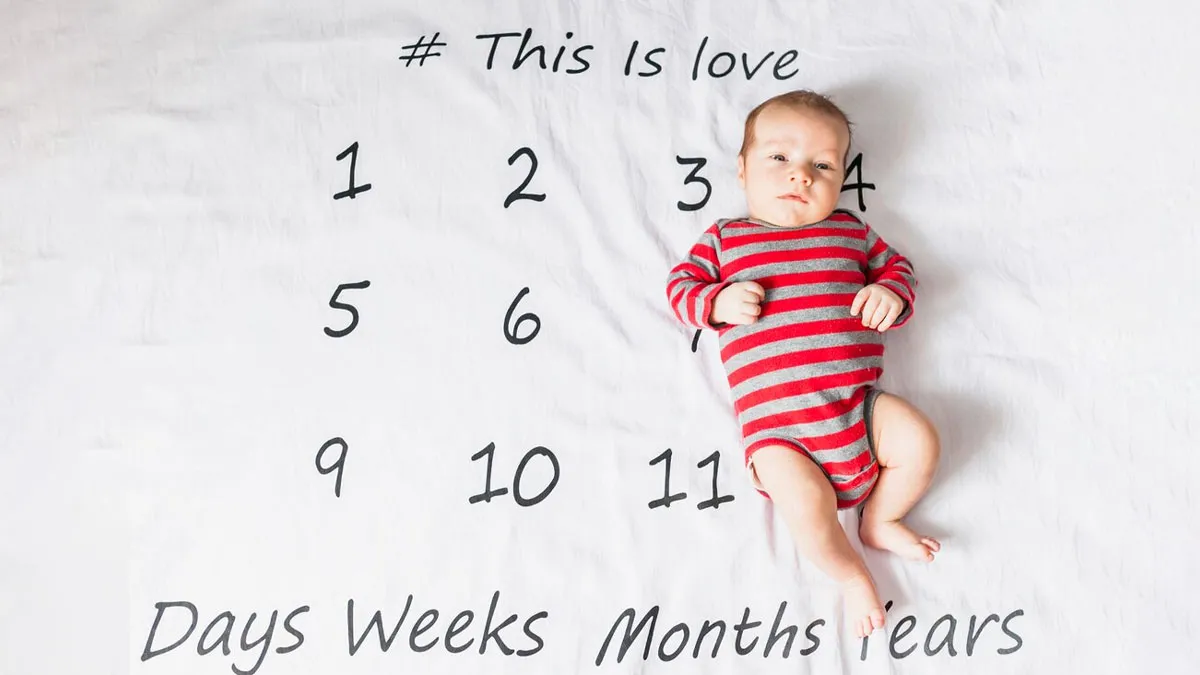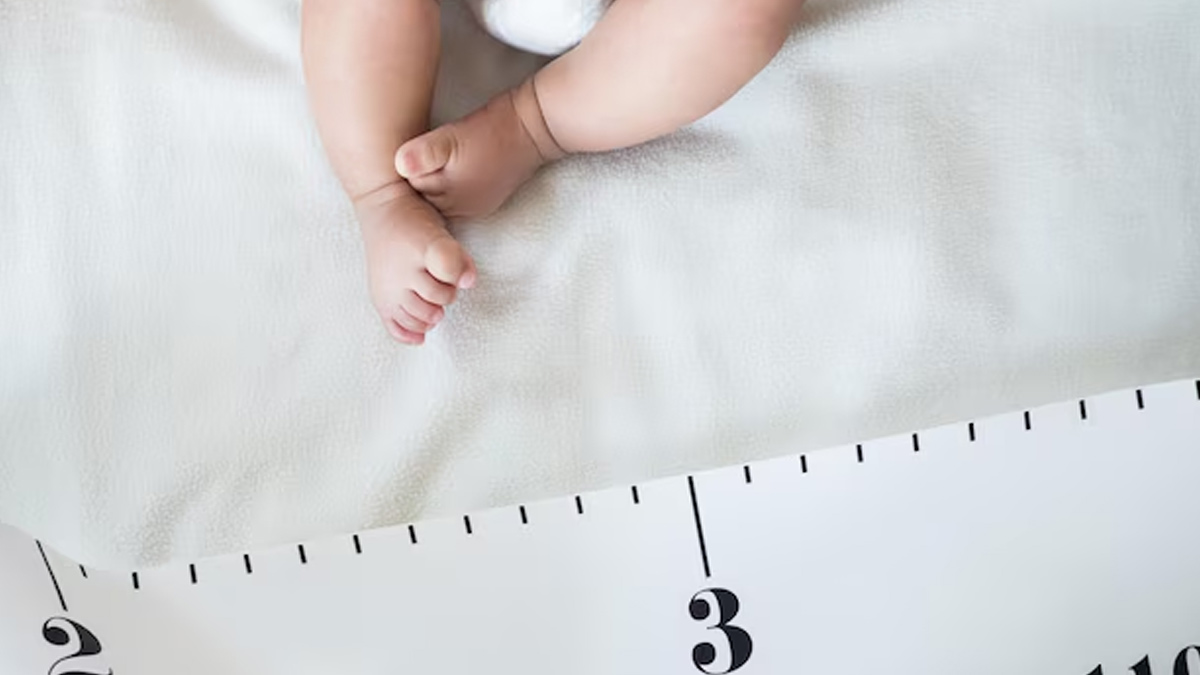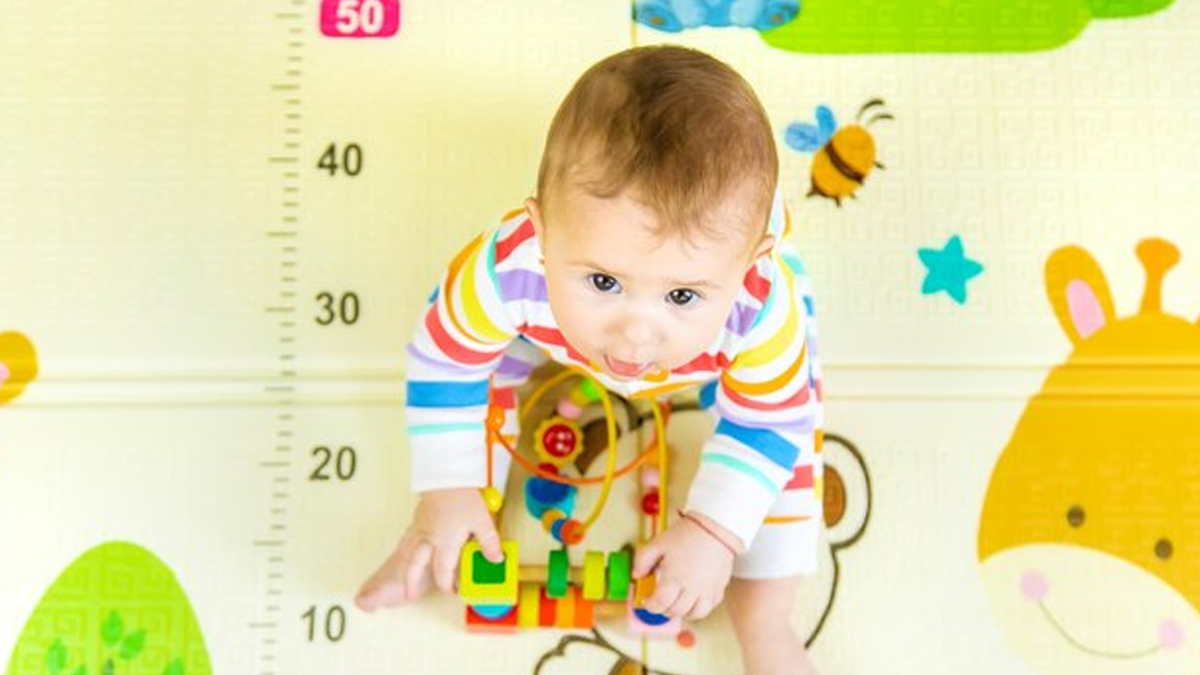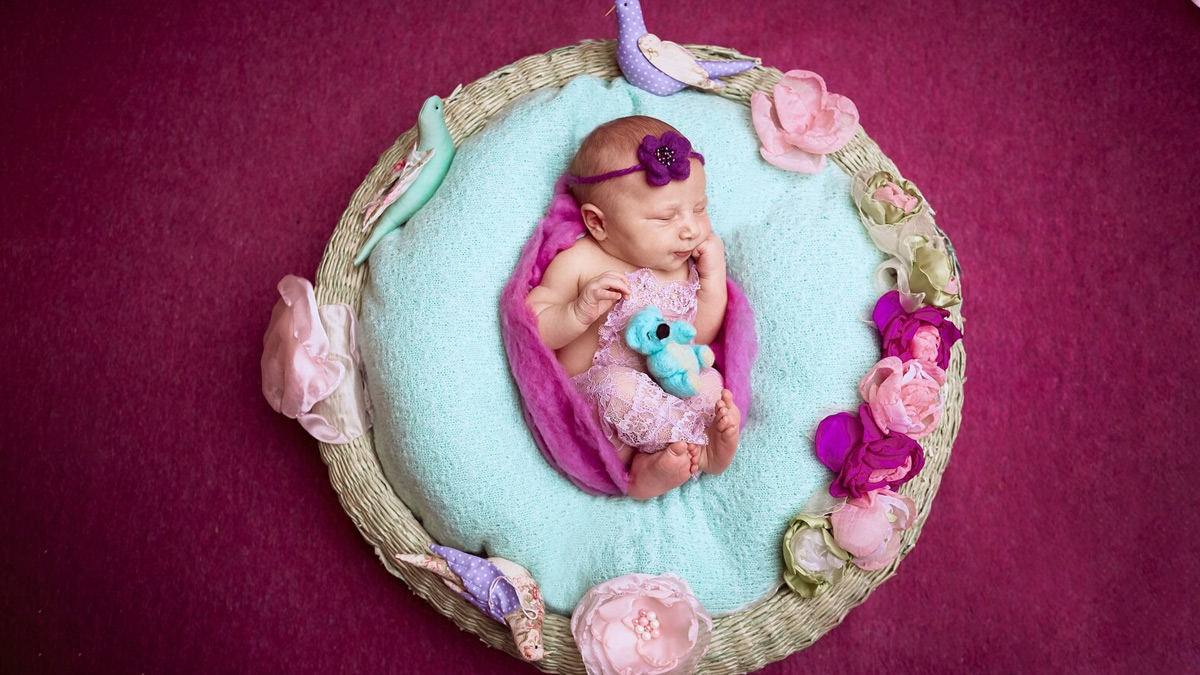
If you're a new parent, you've likely heard your paediatrician mention your baby’s ‘percentile’ during a growth check-up. Maybe you were told your little one is in the 99th percentile, and suddenly you’re wondering: Does that mean my baby is overweight? Is everything okay?
Table of Content:-
Don't stress; we've got you covered with all the answers.
What Is A 99 Percentile Baby?

Dr Rajiv Chhabra, Chief Paediatrician, Daffodils by Artemis, Gurgaon, explains, "The 99th percentile for a baby indicates they are heavier or larger than 99% of babies their same age and gender.”
He says that physicians measure a baby's weight, height, or head circumference compared to others by using growth charts. A baby at the 99th percentile isn't necessarily unhealthy, but doctors check if their growth is stable and even in the long run.
Studies suggest that around 1-2% of babies are born in the 99th percentile or higher for size.
Several factors, including genetics, diet, and illnesses, can affect growth. “If parents have a larger build or are particularly tall, there is a likelihood that the baby will be large too,” Dr Chhabra tells the OnlyMyHealth team. Proper nutrition is crucial for babies' growth; babies who are breastfed or well-fed on formula may develop quicker.
Also Read: Are Hiccups Normal in Newborn Babies? What Every Parent Should Know
According to the doctor, a normal pregnancy, with the mother having proper nutrition and no serious health problems, can also result in a larger baby at birth. Certain medical conditions, such as gestational diabetes, can result in increased birth weight. A baby's metabolism and activity level determine growth.
Should Parents Be Concerned?

“Being in the 99th percentile does not necessarily equate to a baby being overweight or unhealthy,” Dr Chhabra clarifies, adding that it just means the baby is larger than 99% of babies the same age and gender.
Some babies are bigger naturally because of their genes, and others will grow more quickly because they are well nourished.
However, if a baby’s weight percentile is much higher than their height, it might be a sign that something needs a closer look—such as overfeeding, low activity levels, or even a rare hormonal imbalance.
“Provided that the baby remains active, reaching milestones and gaining adequate nutrition, there is typically no cause for alarm,” Dr Chhabra says.
That’s why doctors consider the whole picture—growth trends, development milestones, feeding patterns, and family history—before drawing any conclusions.
How To Calculate A Baby's Growth?

Growth charts are standard tools used by doctors. They measure your baby’s weight, height/length, and head circumference and compare those numbers to babies of the same age and gender. This helps track how consistently your baby is growing over time.
Also Read: How To Burp Your Newborn Baby: Easy Tips For A Happy Tummy Of Toddlers
Bottomline
It is important to note that a baby's percentile may shift over time as they mature, and it’s completely normal. Dr Chhabra says, “Growth percentiles are not absolute and can rise or fall depending on diet, genetics, activity, and overall health. Some babies grow rapidly in the early months and then decelerate, while others catch up later in life. Illness, feeding habits, and metabolism also affect growth. A little drop or increase is normal, but a sudden or extreme change might require a doctor's intervention.”
He concludes by emphasising the role of routine check-ups that enable the monitoring of growth and ensure the baby is growing healthily and consistently. If there is a change of two centile lines either up or down, it is considered significant and warrants discussion with parents.
Also watch this video
How we keep this article up to date:
We work with experts and keep a close eye on the latest in health and wellness. Whenever there is a new research or helpful information, we update our articles with accurate and useful advice.
Current Version